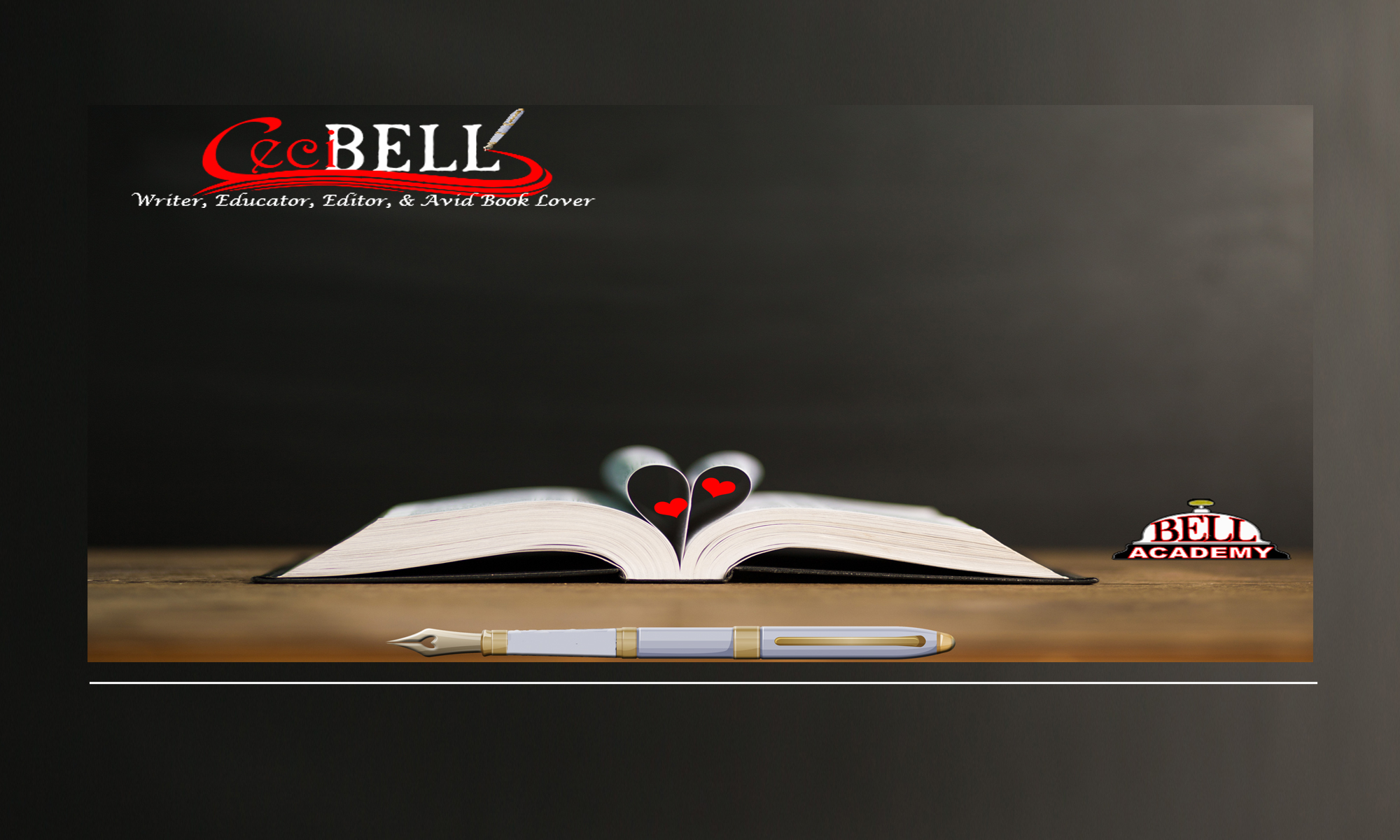Since this is the start of Black History Month 2019, I think it is appropriate to discuss the pros and cons of celebrating Black History Month
Question: What are the pros and cons of celebrating Black History Month?
To jump start the discussion, I will include the claims of four scholars who have written about the topic:
Claims:
Doharty (2019): “Applying a racial microaggressions framework to ethnographic data, this paper finds that experiences of studying Black History by students of African and Caribbean descent are dominated by various types of racial microggressions including: micro-validation, micro-insults and micro-assaults” (p. 110).
King & Brown (2014): “Our goal was to uncover various ways in which teachers navigate or interrupt ‘official curriculum’ that marginalizes the history of Black Americans” (p. 23).
Sotiropoulos (2017): “It demonstrates the importance of theorizing black history as American history rather than just including African American content in US History courses and offers specific methods that can shift the narrative in this direction even within the confines of a more traditional telling of the American past” (p. 121).
Van de Mieroop (2016): “The article makes the claim that it is precisely a surfeit of black history that has encouraged the view that racism is vanishing in the river of time” (p. 3)
My Pre-Reading Thoughts:
Based on the above claims, I think it will be interesting to read the authors’ perspectives on the pros and cons of Black History Month. I think Black History Month needs to be incorporated into the daily lessons of American History, not just relegated to one month (February); however, at the same time, I don’t have a problem with placing a special celebratory significance on one month if it is used as an opportunity to get peoples’ attention. It’s incumbent upon us to raise awareness, including an awareness that Black History is American History and worthy of daily honor and study.
Perhaps because these are scholarly articles, the focus is on studying Black History in in-school educational environments. I am curious what the perception is for out of school time activities. I am the co-coordinator for a Black History Program at my church.
References
Doharty, N. n. doharty@leedsbeckett. ac. u. (2019). ‘I FELT DEAD’: applying a racial microaggressions framework to Black students’ experiences of Black History Month and Black Historypass:[*] . Race, Ethnicity & Education, 22(1), 110–129.
King, L. J. 1. lagarrk@clemson. ed., & Brown, K. (2014). Once a Year to be Black: Fighting against Typical Black History Month Pedagogies. Negro Educational Review, 65(1–4), 23–43.
Sotiropoulos, K. (2017). Teaching Black History after Obama. Social Studies, 108(4), 121–128. 0
VAN DE MIEROOP, K. (2016). On the Advantage and Disadvantage of Black History Month for Life: The Creation of the Post-Racial Era. History & Theory, 55(1), 3–24.
